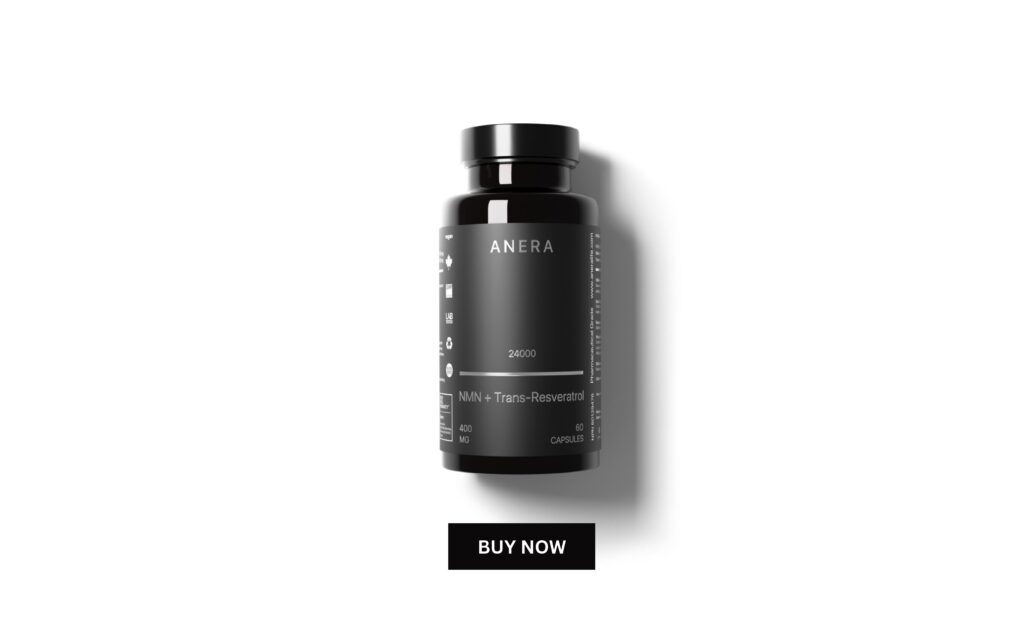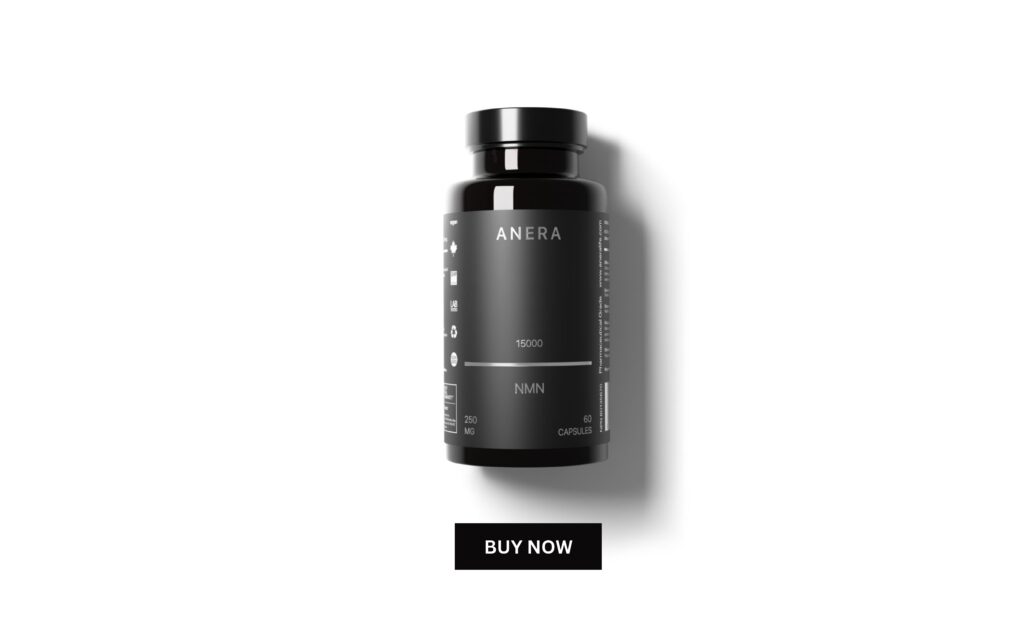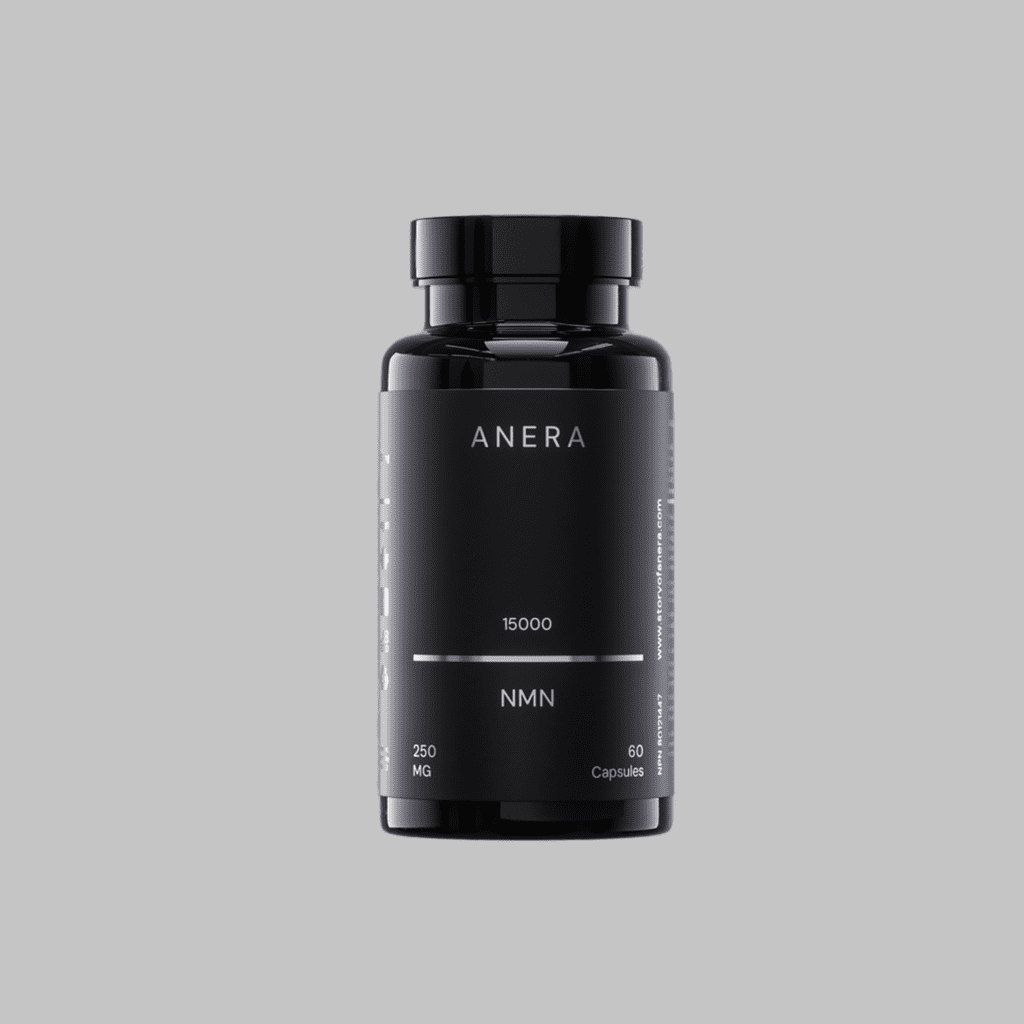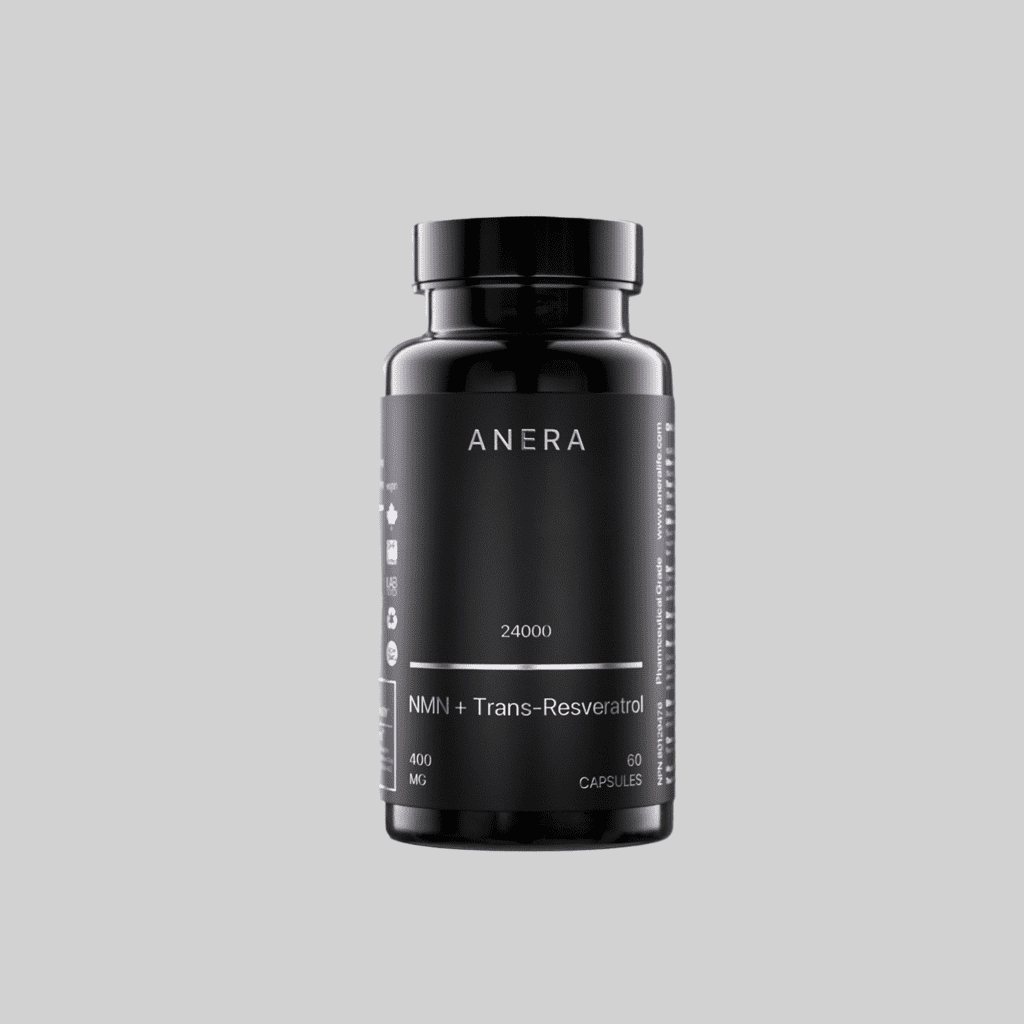On September 29, 2025, the U.S. Food and Drug Administration (FDA) confirmed that β-Nicotinamide Mononucleotide (NMN) is now lawful for use in dietary supplements, marking the end of a three-year period of regulatory uncertainty.
This historic reversal came after strong advocacy from the Natural Products Association (NPA), representing a significant victory for the supplement and longevity industries. For health enthusiasts and wellness brands alike, the FDA’s decision unlocks new opportunities to advance longevity research, promote healthy aging, and expand consumer access to NMN supplements.
How NMN’s Legal Journey Began
NMN was initially restricted by the FDA in 2022 under the drug exclusion clause because it was under investigation by a pharmaceutical company, MetroBiotech. However, after years of advocacy, lawsuits, and public pressure, the FDA reversed its stance in 2025, confirming NMN’s lawful use in supplements.
Between 2022 and 2025, NMN’s legal status faced multiple reversals. The FDA originally ruled that NMN could not be marketed as a supplement, citing its prior investigation as a potential drug candidate.
Consumer backlash and the NPA’s legal action challenged this interpretation, emphasizing NMN’s long-standing use in dietary products before any investigational drug filings.
NMN Now Lawful for Use in Supplements
Yes. As of September 2025, the FDA officially recognizes NMN as lawful for inclusion in dietary supplements, provided manufacturers comply with standard labeling and NDIN requirements.
The FDA’s latest clarification acknowledges that “race-to-market” precedence applies, allowing NMN to qualify as a dietary ingredient under the Dietary Supplement Health and Education Act (DSHEA).
“This decision reflects our commitment to regulatory clarity and consumer safety,” said Donald Prater, Acting Director of the FDA’s Office of Dietary Supplement Programs.
Daniel Fabricant, NPA President and CEO, praised the outcome, calling it “a monumental win for science-based regulation.”
Why FDA’s NMN Decision Matters for Supplement Brands
Supplement brands can now legally manufacture and sell NMN in the U.S., provided they meet FDA compliance standards for NDIN, labeling, and Good Manufacturing Practices (GMP).
The ruling offers regulatory clarity to NMN manufacturers and retailers. Brands can now safely list NMN products on e-commerce platforms like Amazon, Walmart, and Shopify, provided they include compliant Supplement Facts, GRAS documentation, and third-party testing proof.
For longevity brands, this marks the beginning of a competitive expansion era in the NAD+ and anti-aging supplement market.

What Is NMN and Why It’s So Popular
NMN (β-Nicotinamide Mononucleotide) is a molecule that supports cellular energy and longevity by boosting NAD+ levels — vital for metabolism, DNA repair, and anti-aging functions.
NMN plays a key role in cellular energy production, helping maintain mitochondrial function and DNA integrity. It’s a precursor to NAD+, a coenzyme essential for life processes like metabolism, cognitive function, and muscle recovery.
Research from Harvard Medical School and PubMed shows NMN can enhance energy, improve endurance, and slow biological aging markers.
NMN’s Role in NAD+ Production and Cellular Energy
NMN converts into NAD+ within cells, supporting energy metabolism and healthy aging by maintaining mitochondrial efficiency.
Boosting NAD+ levels through NMN helps counteract the natural decline of cellular energy that occurs with aging. This mechanism underpins NMN’s reputation as a longevity molecule.
Clinical Studies Supporting NMN Safety and Effectiveness
Multiple human trials show NMN is safe, well-tolerated, and effective in improving energy metabolism and reducing age-related decline.
Peer-reviewed trials in Nature Aging and Frontiers in Nutrition confirm NMN’s safety up to 1,200 mg daily and its potential in supporting metabolic health, endurance, and cognitive performance.
How FDA’s Decision Influences Worldwide NMN Markets
FDA approval boosts global confidence in NMN, influencing regulations across Europe, Japan, and Australia.
The FDA’s reversal sets a precedent for regulators in Europe, China, and Japan, where NMN remains under evaluation as a Novel Food or functional ingredient.
Global manufacturers see this as a signal for wider market acceptance, potentially unlocking billions in international sales and investment.
What This Means for Longevity Science and the Supplement Industry
The FDA’s approval encourages more scientific research and innovation in the field of healthy aging and NAD+ metabolism.
This regulatory shift opens new pathways for biotech collaborations and clinical trials. As consumers grow more interested in longevity nutrition, NMN’s acceptance could accelerate breakthroughs in anti-aging science and metabolic health.
The Future of NMN Supplements (Compliance and New Opportunities)
While NMN is now lawful, manufacturers must still submit NDINs and meet FDA labeling and testing requirements to remain compliant.
The FDA’s reversal doesn’t remove compliance obligations. Brands must maintain NDIN submissions, accurate labeling, and GMP adherence to avoid enforcement risks.
For supplement companies, this creates a landscape where transparency and science-based marketing will define long-term success.
Final Thoughts
The FDA’s confirmation of NMN’s lawful use represents a turning point in the longevity industry. It not only restores trust and transparency but also empowers scientists, supplement brands, and consumers to explore NMN’s full potential in promoting healthy aging and energy production.
At Anera Life, we celebrate this milestone as a step toward a future where science-backed nutrition enhances vitality and longevity for everyone.

Frequently Asked Questions
Q1. What is the FDA decision on NMN?
In September 2025, the U.S. FDA officially confirmed that β-Nicotinamide Mononucleotide (NMN) is lawful for use in dietary supplements. This reversal followed advocacy from the Natural Products Association (NPA) and clarified that NMN can be legally sold as a supplement under DSHEA regulations, ending nearly three years of uncertainty.
Q2. Is NMN supplement safe?
Yes. Multiple peer-reviewed clinical studies published in Nature Aging and Frontiers in Nutrition show that NMN is safe and well-tolerated in humans. When produced in GMP-certified facilities and used at recommended dosages, NMN helps support healthy aging, metabolism, and cellular energy with minimal side effects.
Q3. Why was NMN banned before?
In 2022, the FDA restricted NMN after determining it had been previously investigated as a potential pharmaceutical ingredient by a company called MetroBiotech. This “drug exclusion clause” temporarily prohibited NMN in supplements. However, after legal advocacy and new evidence, the FDA reversed its position in 2025.
Q4. Can I buy NMN supplements now?
Yes. With the FDA’s 2025 clarification, consumers can now legally purchase NMN supplements online and in stores. Trusted brands like Anera Life offer third-party-tested NMN products that meet FDA labeling and safety standards for purity and potency.


